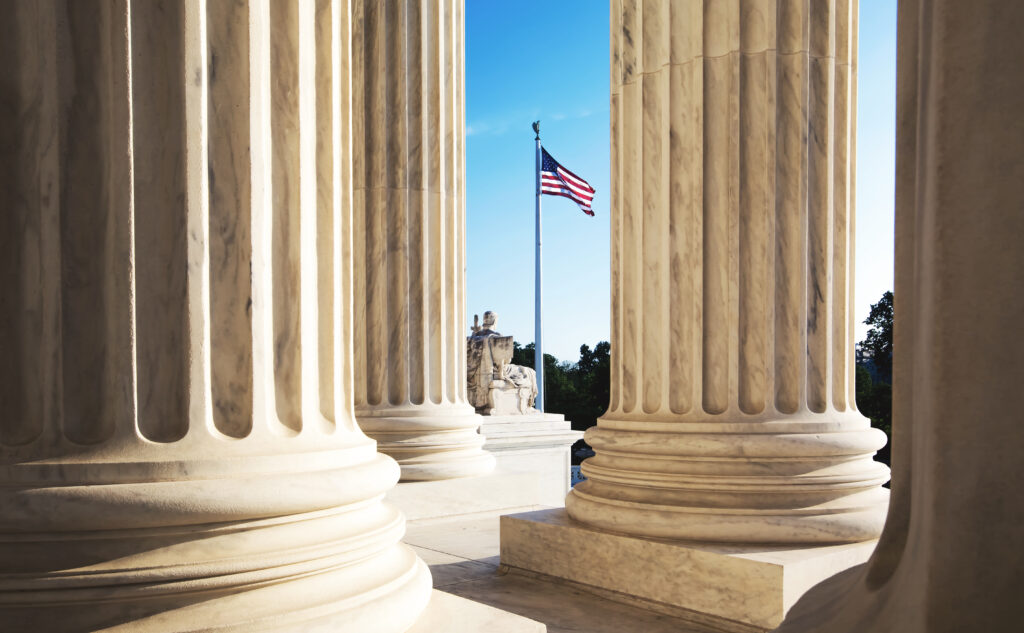
The Lost History of the “Universal” Injunction
The issuance of injunctions that reach beyond just the plaintiffs has recently become the subject of a mounting wave of censorious commentary, including by members of Congress, a Supreme Court Justice, the Solicitor General, the Attorney General, and the President. Critics of these “universal” injunctions have claimed that such injunctions are a recent invention and that they exceed the power conferred by Article III to decide “Cases[] in . . . Equity.” This Article rebuts the proposition that the universal injunction is a recent invention and that it violates Article III or the traditional limits of equity as practiced in the federal courts. As far back as 1913, the Supreme Court itself enjoined federal officers from enforcing a federal statute not just against the plaintiff, but against anyone, until the Court had decided the case. If the Supreme Court can issue a universal injunction against enforcement of a federal law, then — as an Article III matter — so can a lower federal court. Moreover, lower federal courts have been issuing injunctions that reach beyond the plaintiffs as to state laws in cases that date back more than a century, and the Supreme Court has repeatedly approved of these injunctions.
The article was published in the Harvard Law Review. To read the full article, click here.


